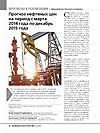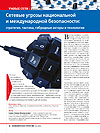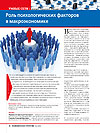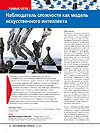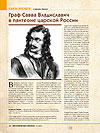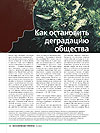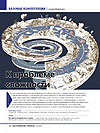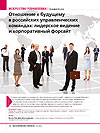
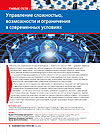
It is shown that the current economic crisis, since its beginning in 2008, demonstrated a powerful influence on the economy both of a poorly regulated technologies of resource allocation (monopolistic, financial) and strong market operators (big capital). This influence resulted in draining out resources from the real economy into big capital and causing barriers for development of the real sector business. This impact of unregulated market technologies and strong operators, which became evident about half a century ago and became considerable today, the more influences the economy, the greater is the complexity (the less is the possibility) of forecasting and economic management. Downfall of predictability, effectiveness of used “formal” tools, decrease of market controllability by normsinstitutions and of control of the most big social (economic) systems; facts of accumulation of significant economic problems — disbalances, debt problems, crime and corruption; high and increasing social inequality, impoverishment of the main part of the population, increasing number of billionaires; decline in resource and credit opportunities of small and medium-sized businesses particularly in Europe. These and many other circumstances listed in the article, the aggravation of which is largely due to the above cited complexity of management and forecasting, make deep analysis of this complexity extremely relevant today.
Продолжить чтение



